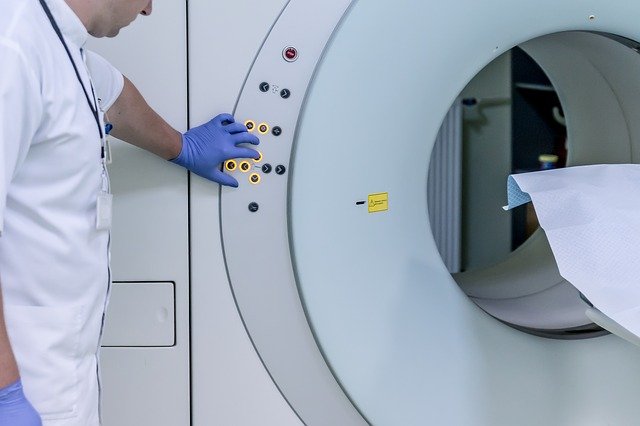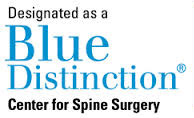What is a Slipped Disc?
Your doctor diagnosed you with a slipped disc. What does that mean? Will you need surgery? Learn more about this condition with this quick breakdown.

Disc Anatomy
Your spine is made up of a column of bones, from your the base of your skull to your tailbone. In between each bone in this “column” is a soft gelatine-like disc that acts as a shock absorber. It allows you to bend, twist, and move without the bones of the spine rubbing against each other. In addition to the bones (vertebrae) and discs there are ligaments, muscles, nerves, and other soft tissues in and around the spine. When something disrupts the delicate balance or position of one of these components, it can cause pain.
Each inter-vertebral disc is made up of a gelatenous substance. The outer wall of each disc is a membrane, keeping the gelatenous material in place.
What is a Slipped Disc?
When the inner gelatenous material seeps through the outer ring of the disc, this is called a slipped disc. (This can also be referred to as a herniated disc or ruptured disc.)
What are the Symptoms of a Slipped Disc?
Some individuals have a slipped disc and don’t realize it as they have no pain or symptoms. Others can have extreme pain and discover the herniated disc after being examined by a doctor and imaging tests. The amount and type of pain can also vary from person to person.
If the herniated disc puts pressure on one of the sensitive nerves in or around the spinal column, a person may feel sharp pains in the area of the disc or radiating away from the source. When shooting pains occur down a leg this is often referred to as sciatica. Too much pressure on the nerves can result in tingling, weakness, and numbness in the extremities. (Note: If you experience numbness in an extremity you should seek medical attention immediately.) In addition, some people find it difficult to move in certain positions when they have a slipped disc.
Typical Treatments
Minor cases of slipped disc can resolve themselves on their own. To treat the pain temporarily the doctor may recommend anti-inflammatory medication, exercise or physical therapy.
In more severe cases, or when there is risk of permanent neurologic damage, surgery may be recommended. However, the majority of the time this is not necessary.
References:
- What’s a Slipped Disc? (spine-health.com)
- Slipped (Herniated) Disc: Symptoms, Causes, and Effects (healthline.com)
